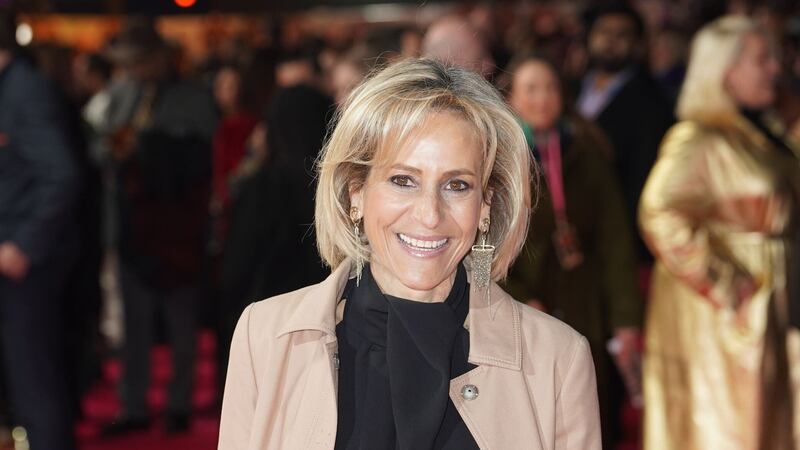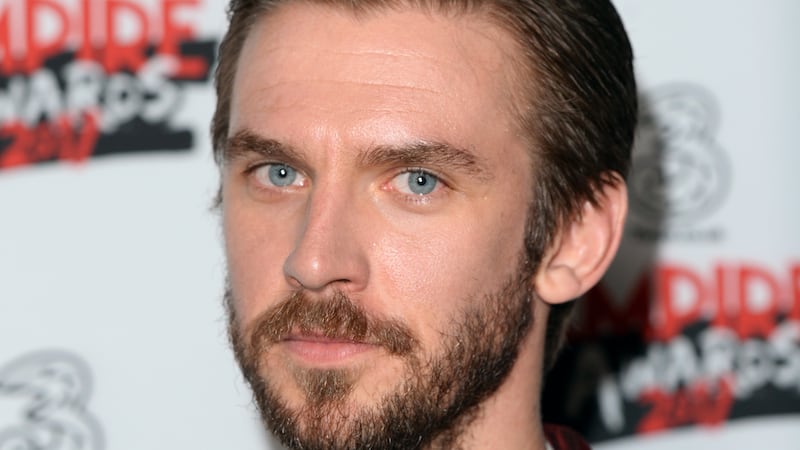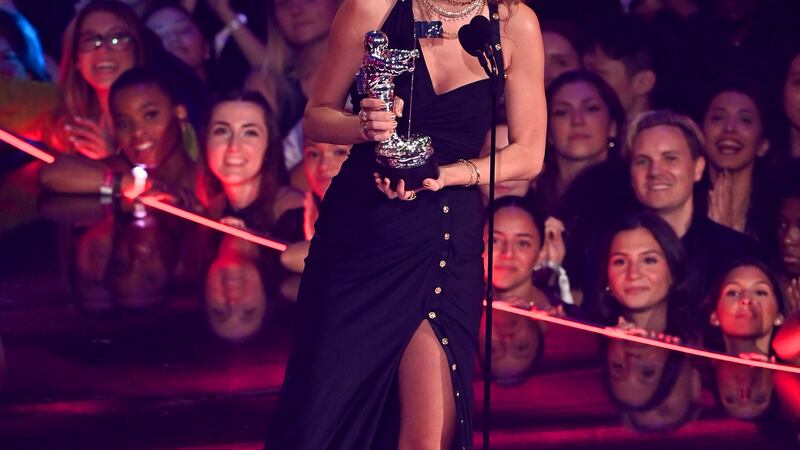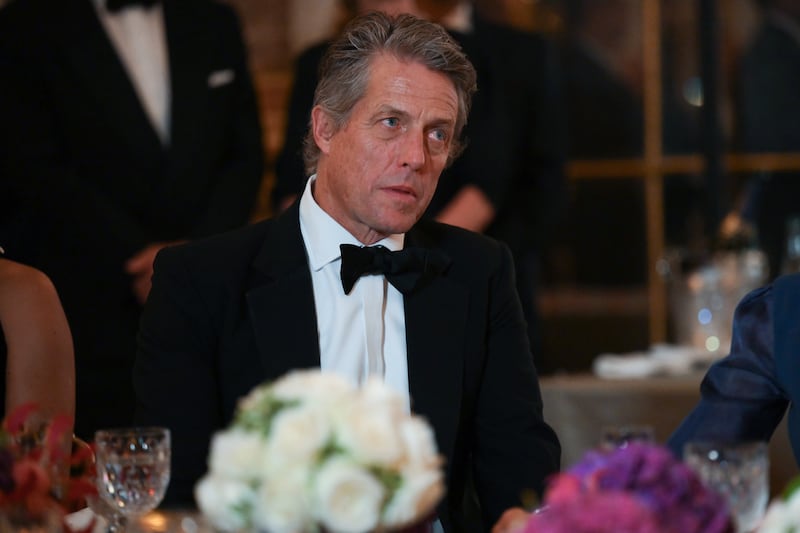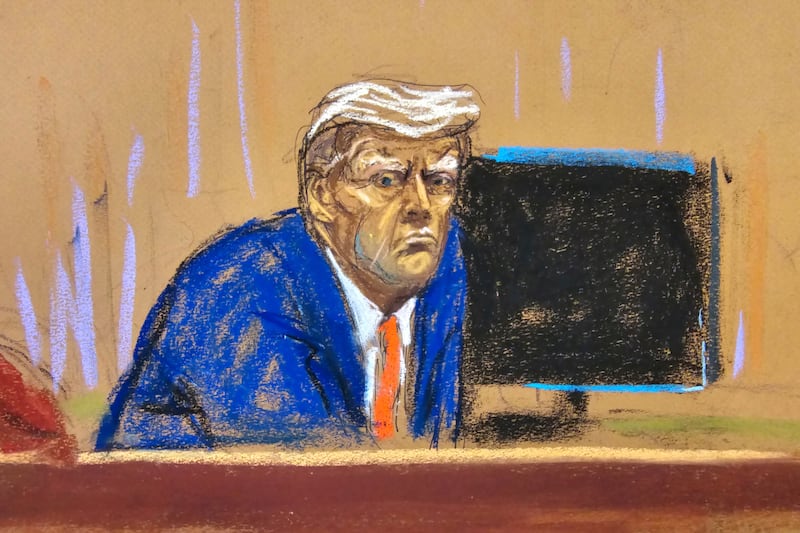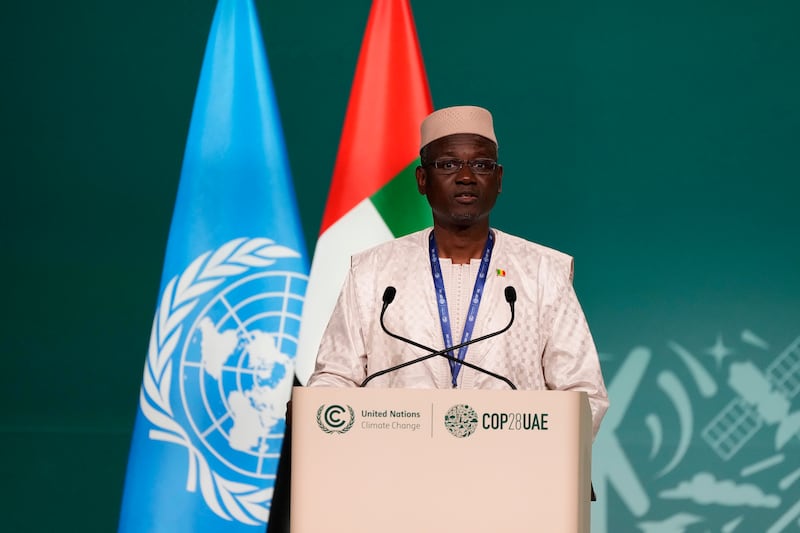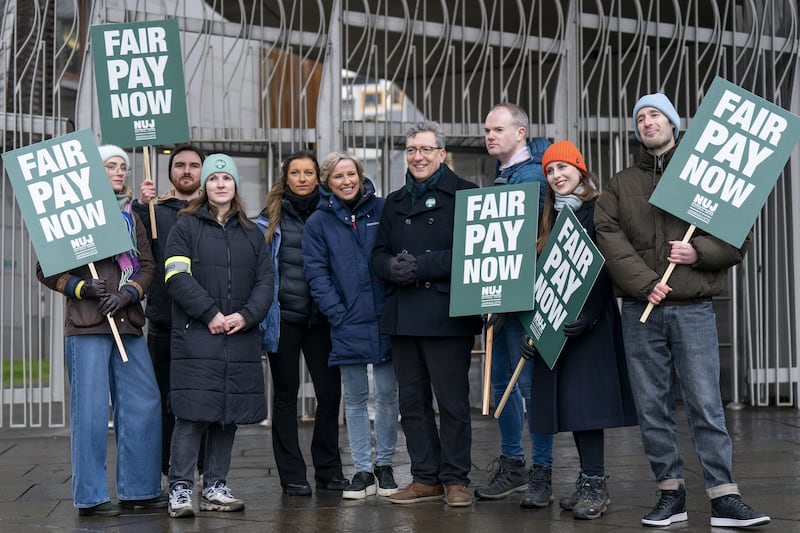Emily Maitlis has said “I pay my licence fee because I want the editorial independence”.
The 52-year-old former Newsnight presenter was discussing the relationship between populism and the media during a talk as part of the Cambridge Festival on Monday.
During the online discussion, which was chaired by former head of news and current affairs at Channel 4 Dorothy Byrne, Maitlis said: “I think there has been this mistaken idea that… if you keep the government of the day happy, you’ll get more money in the licence fee.
Tonight from 6pm: Emily Maitlis @maitlis in conversation with @panievsky and @dorotheabyrne on the future of news.
Get notified when we go live on our YouTube channel via this link: https://t.co/dUOndAJ95G#CamFest #News #Journalism @Cambridge_Uni
— Cambridge Festival (@Cambridge_Fest) March 20, 2023
“If you keep the press onside, you’ll get nice reviews.
“I think we’ve been through enough, we’ve had enough decades and enough rounds of the licence fee payments and all the rest of it to know that isn’t right.
“You can have a BBC which is very, very friendly towards the government of the day, and you see what happens when it gets to the licence fee settlement – they get a two-year freeze, no money, and they’re having to make fairly big drastic cuts and mergers and all the rest of it.
“And so actually just trying to separate out the money that comes from government and your editorial independence, because fundamentally, I pay my licence fee because I want the editorial independence.
“I want the broadcaster to do what it does best, which is create amazing programmes and report well and entertain well and inform well, and I don’t want to think, ‘oh they’re doing that because then they might get another 200 quid from whoever is in power’.
“So I think it’s about that recognition, more than anything else.”
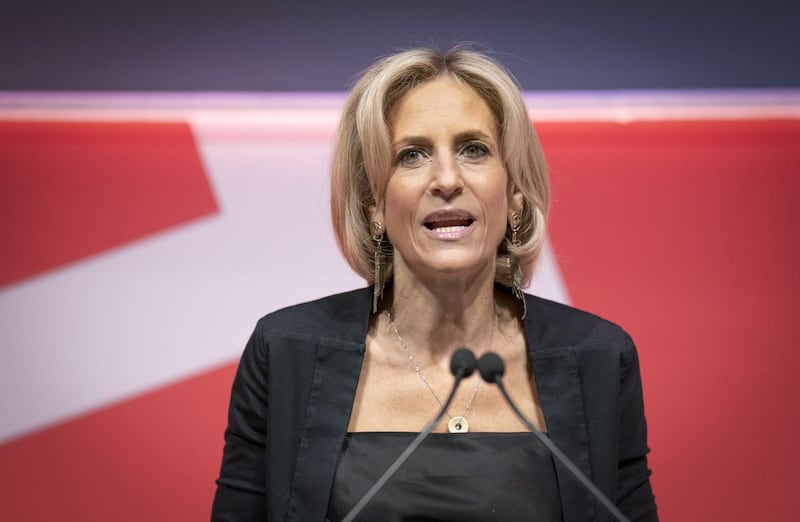
Maitlis, who currently hosts The News Agents podcast alongside former BBC journalists Jon Sopel and Lewis Goodall, was asked by Byrne how she believes the BBC should respond to “attacks” on the corporation’s editorial output, to which she replied: “I think the BBC and its journalists do an incredible job, they really do an incredible job.
“And sometimes you need to be out to look back and say, you should just be really proud and really vocal about the extraordinary work you do.
“And sometimes it’s just about that. It’s about having the backbone to say, actually, I’m going to support those journalists, I think they’ve got this one right, I’m not going to demoralise them or undermine them or make them apologise and stuff.”
She added: “Sometimes at the BBC, we’ve failed to recognise that the people who are making the attacks are the people with invested commercial interests.
“If you’re being attacked by people who’d like to have your business or like to have your audience or like to be getting that money, then you have to look at it in a different way.
“It’s not the same as being rebuked by Ofcom or rebuked by a regulator. If you’re literally being undermined by your commercial rivals, then occasionally you should just be showing them the door and saying ‘thanks very much for your thoughts. I think we’re doing okay’.”
